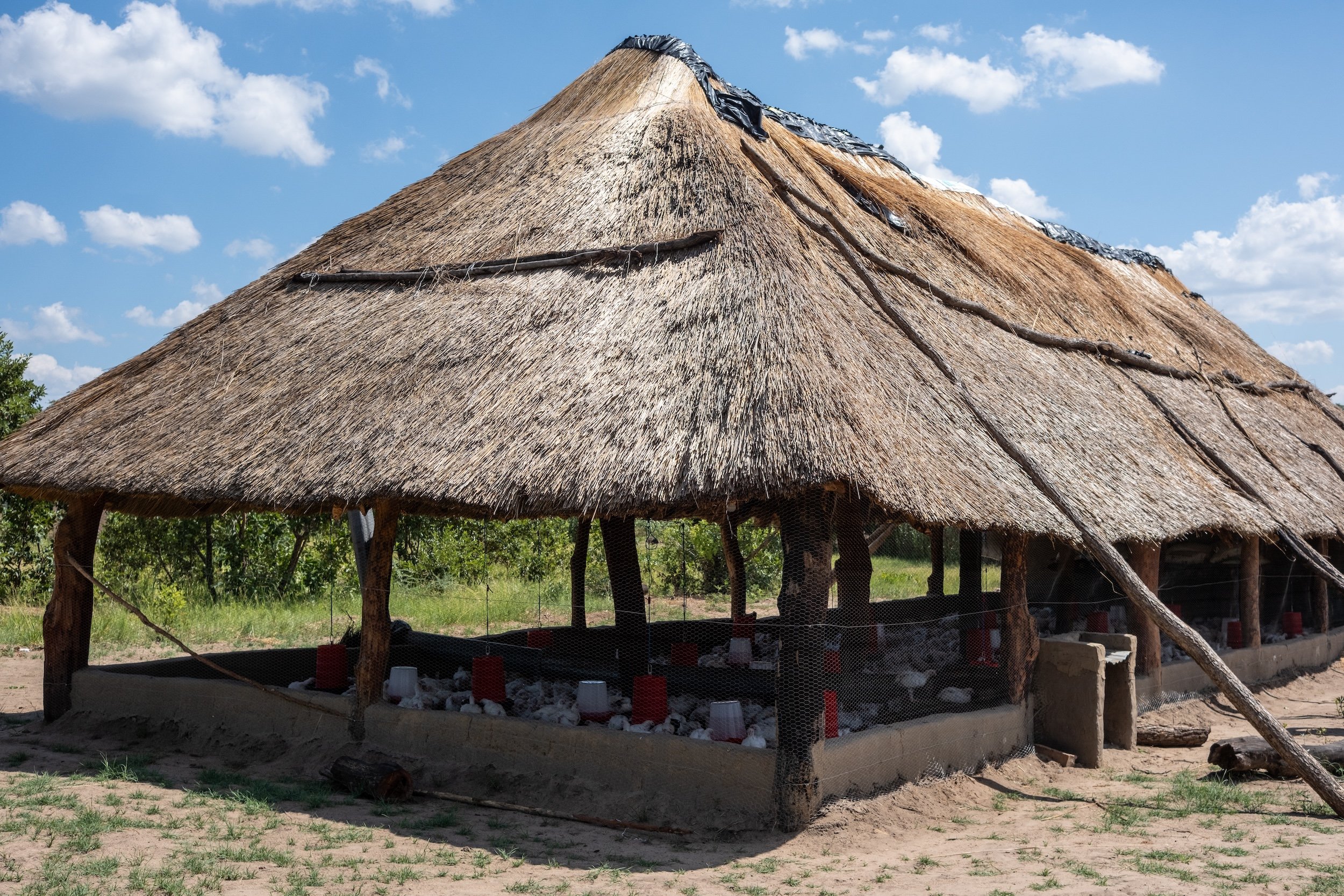Aid vs Development: Two Stories
"If wealth was the inevitable result of hard work and enterprise, every woman in Africa would be a millionaire.” —George Manbiot
This old saying came to mind again on a recent trip through East Africa, and it’s a reminder why we do this work developing farms in underserved parts of the world. People stuck in poverty cycles are often very hard working, but the work is inefficient and they often lack the partnership, resources, and vision required to move toward self-sufficiency.
In fact, many people stuck in poverty cycles have access to aid.
They can get emergency help when they’re at the end of their rope, but getting a longer rope? Getting the opportunity to develop their life into something stable and strong? That’s something different entirely.
Two stories from our time in East Africa stand out; two young single mothers who received very different opportunities.
The first is Bernice*, a young mother whose husband died suddenly, tragically leaving her alone and vulnerable with three children to feed. Bernice tried to keep up her husband’s work on the farm. She sometimes found work for a dollar a day, but it just wasn’t enough.
Ultimately, her children were starving. She was starving. Not knowing what else to do, she sold herself to a man in exchange for a few meals for her kids...and the exchange left her pregnant with her fourth child.
We left Bernice’s hut with broken hearts and a deep desire to help. All of you donors to The James Project are already providing her with emergency food and tuition for her children
Not long after, we met another young mother…
Breathing hard from hauling chickens, Nadani* (pictured above) waved up at us as we parked near her chicken barn (pictured below). Thatched and filled to the brim with fat birds, Nadani is about to deliver her first flock of broiler chickens to market. She has already planned out how much of this first pay will go to food for the family, tuition for her children, and a bit saved for a future expansion of her chicken farm.
Do you see the difference between these two stories?
One suffered a terrible loss and ultimately became dependent on aid and susceptible to exploitation, while the other received an opportunity and the support she’d need to succeed. Bernice is grateful to receive aid (particularly the tuition for her children!), but she needs an opportunity like Nadani because ag opportunities like these break poverty cycles.
Click below to see how we do that together.
*To protect privacy of real people you’re serving, all names in this story have been changed.




